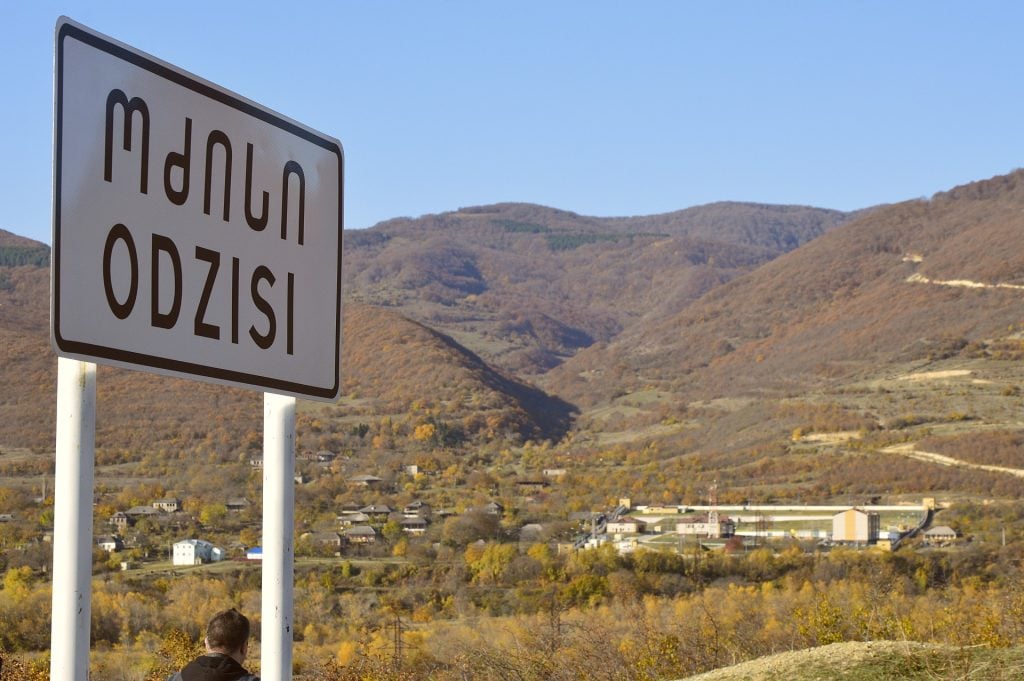European Union Ambassador to Georgia, Carl Hartzell called on authorities in Tskhinvali and Russia on September 5 to reopen all crossing points at Tskhinvali Region/South Ossetia occupation line, in an address marking the two-year anniversary of the closing of the Odzisi crossing point by Moscow-backed South Ossetian authorities.
Noting that the EU Monitoring Mission is ready to facilitate further relevant discussions within the framework of the Ergneti IPRM, Ambassador Hartzell said the EU is confident adequate COVID-19 testing strategy could be implemented to allow greater freedom of movement.
In the address, the EU Ambassador also recalled that ethnic Georgian residents of the Akhalgori District have been unable to cross and meet their relatives, collect their pensions or exercise their right to education in their native language, and that access to medical care has been hampered, while reports of food and medicine shortages persist.
Kremlin-backed authorities in Tskhinvali began the closure of crossing points in September 2019, citing threats coming from Tbilisi amid Chorchana-Tsnelisi crisis over the Georgian police checkpoint near the occupation line.
The Odzisi crossing point, which connects Tskhinvali-controlled ethnic Georgian majority Akhalgori district to the rest of Georgia, served up to 400 crossings on average every day prior to closure.
According to the EU Monitoring Mission in Georgia (EUMM), there are five crossing points in the region – in villages Sinaguri (Sachkhere district), Karzmani (Sachkhere district), Zardiantkari (Gori district), Ergneti (Gori district) and Odzisi (Mtskheta district).
This post is also available in: ქართული (Georgian) Русский (Russian)

